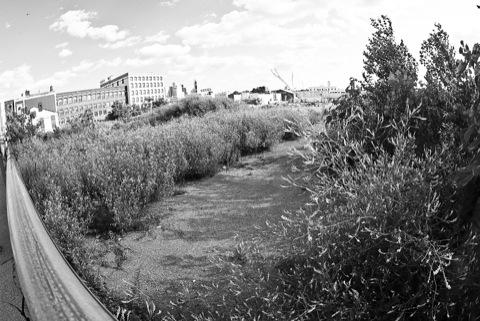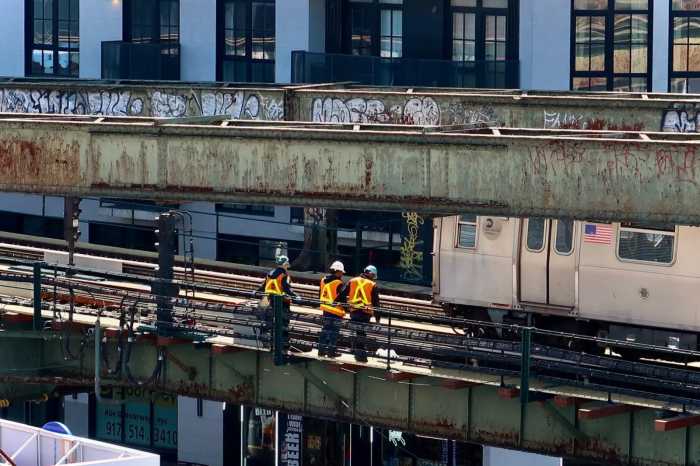Whole Foods Market still intends to build a store near the Gowanus Canal, saying this week that any confusion over its commitment to the neighborhood came down to semantics.
A spokesperson for the Texas−based purveyor of organic and natural foods initially told the Web site Brooklyn the Borough that “at this juncture we do not have immediate plans to open a new store in Brooklyn but do hope to be there someday soon.” Sister publication The Brooklyn Paper reported the story last week, and Whole Foods quickly clarified its position.
“At this point I don’t care whose right or wrong,” Whole Foods spokesperson Libba Letton said. “We just want to everyone to know what the facts are: we are committed to that site in Brooklyn, and we are continuing to move forward with our plan.”
Whole Foods was initially proposing a 77,000−square−foot store at Third Avenue and Third Street, with 414 parking spaces, including a three−level parking garage, and landscaped shoreline promenade, but said in February that it would be tweaking its plan.
“In her desire not to say too much, she didn’t say enough,” Letton said, referring to Mara Engel Weleck, who works for OrganicsWorks Marketing. “The spokesperson who was answering the question said there were no immediate plans to build on this site. I think she meant no immediate plans, as in you’re not going to see bulldozers for construction,” Letton said. “She definitely could have been more clear on that point.”
Letton said the company would have more details, including the possibility of joining with development partners, by the end of the summer. Working with a development partner “requires less capital from Whole Foods Market,” she noted.
During the 1800s through 2004, the site was home to a number of industrial operations, including coal yards, lumberyards and a petroleum oil company. Whole Foods is paying for an environmental clean−up of the polluted site, under the state Department of Environmental Conservation (DEC) Brownfield Cleanup Program, which provides incentives to clean former industrial sites before redeveloping them.
























